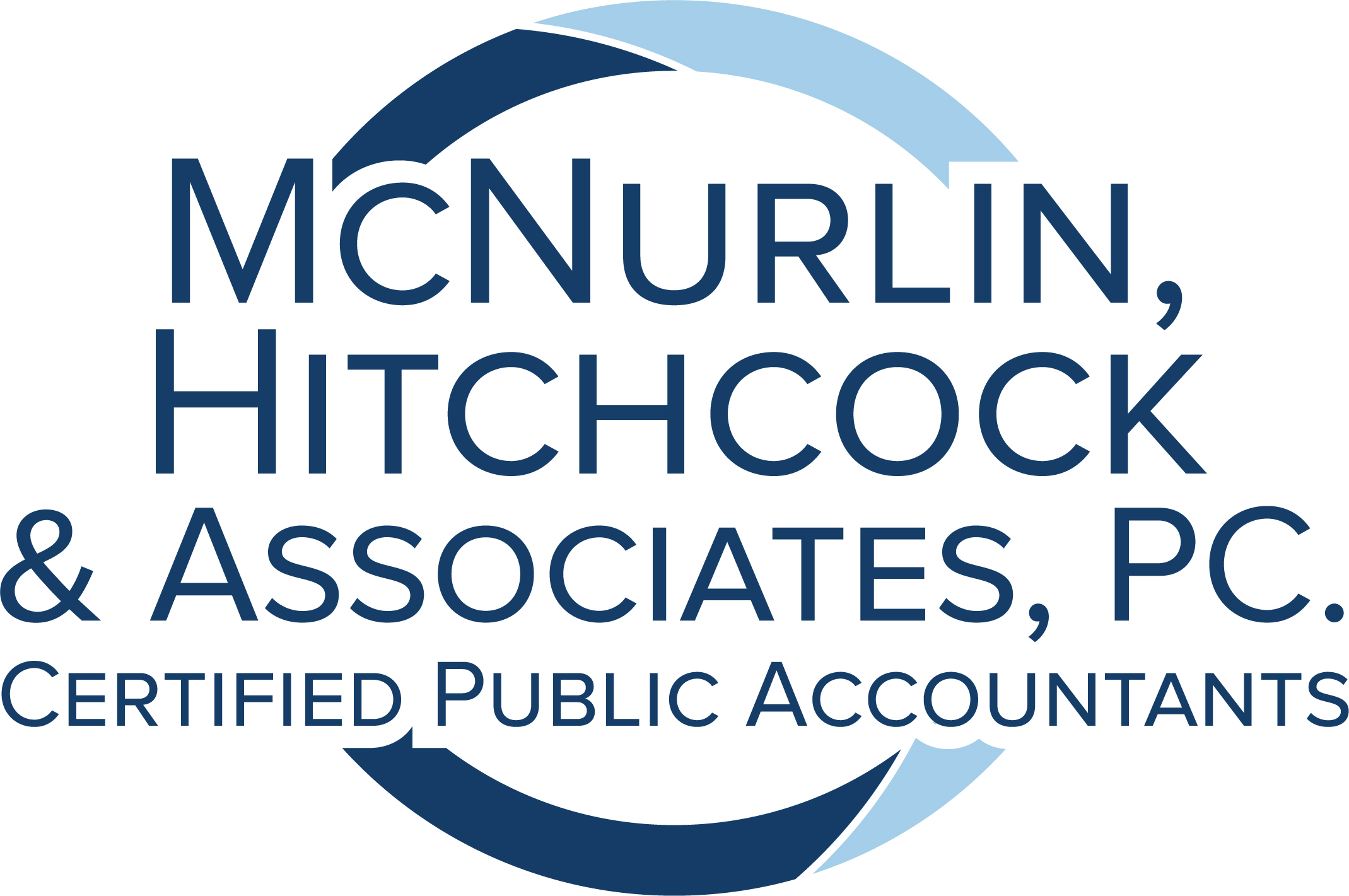As we end October and move closer to the end of 2020, we wanted to pause to talk about an important issue in today’s world. Charitable contributions and how they can be doubly helpful to you and to your favorite charity.
Many of you have reached out recently to ask how to be smart with your charitable giving so I wanted to take this opportunity to address some of your questions.

Kim Hitchcock, CPA
Can we contribute money directly out of our retirement accounts?
Yes! Qualified Charitable Distributions or QCDs are distributions from your retirement account which is paid directly to a charitable organization. For eligible taxpayers, this QCD is a tax-free transaction and a great strategy to save tax.
Normally, when you draw funds from retirement plans and IRAs, these funds are taxed at ordinary federal income tax rates which range from 10% – 37% (in 2020). State income taxes may apply as well. In addition, retirement funds possessed at death could also be subject to substantial federal estate tax and state death tax.
To avoid this annual tax hit, many older taxpayers take advantage of the QCD option which allows for a direct contribution to charity. The money given to charity counts toward the required minimum distribution (RMD), but it does not increase adjusted gross income (AGI) or generate a tax bill for the donor.
Keeping the donation out of your AGI has multiple benefits. Taking steps to reduce your AGI can:
(1) help you qualify for other tax breaks (for example, having a lower AGI can reduce the threshold for deducting medical expenses, which are only deductible to the extent they exceed 7.5% of AGI (10% of AGI after 2020);
(2) reduce taxes on Social Security benefits; and/or (3) help the donor avoid a high-income surcharge for Medicare Part B and Part D premiums (which kick in if AGI is over certain levels).
Further, because charitable contributions will not provide much tax benefit for taxpayers who no longer itemize deductions, if you are age 72 or older and charitable minded, you may gain a tax advantage by making annual charitable contributions by way of a QCD from an IRA.
As a reminder, in the 2020 tax year, the CARES Act waived the required distribution rules for this year but QCDs are still permitted.
My kids are in a high income-tax bracket and do not need more tax when I pass. Can I name my favorite charity as a partial beneficiary of my retirement account?
Another popular way to transfer IRA assets to charity is to consider naming the charity in your will. This is especially important for taxpayers who have substantial estates and need to avoid or minimize the income tax impact on the retirement accounts. This helps to save estate taxes because retirement accounts do not qualify for the same “step up” in basis when passed through inheritance. Because of this double tax bite, someone who plans to make charitable gifts from their estate, could consider naming a charity as one beneficiary of his or her IRA or retirement plan.
Other options for charitable giving through your estate:
- Work with an attorney to setup a Qualified Trust which supports your surviving spouse with a charity to receive the benefits that remain at their death. The marital deduction will shield the benefits from estate tax when the individual dies. When the surviving spouse dies, the remaining benefits will go to the charity free of estate and income tax.
- Establish a charitable remainder trust to commence at death to provide a noncharitable beneficiary with a fixed annuity and the remainder going to charity.
Is there a tax benefit to donating stock instead of cash?
Yes, most likely you would see a tax benefit to a stock donation if you’ve held the stock longer than a year and it has appreciated in value. This is especially helpful if you are planning to make a relatively substantial contribution. Your tax benefits from the donation can be increased to the fair market value of the stock, and the organization will probably be just as happy to receive the stock.
How do the new tax laws affect me?
The CARES Act makes four significant liberalizations to the rules governing charitable deductions:
(1) Individuals will be able to claim a $300 above-the-line deduction for cash contributions made, generally, to public charities in 2020.
(2) The limitation on charitable deductions for individuals that is generally 60% of modified adjusted gross income is increased to 100% for 2020.
3) The limitation on charitable deductions for corporations that is generally 10% of taxable income (modified) is increased to 25% for 2020.
(4) The limitation on contributions of food inventory made in 2020 is increased from 15% to 25% of taxable income for 2020.
I read about a special credit for Coloradans who donate to certain organizations. Is this true?
Yes! Colorado grants a unique state tax credit designed to encourage private contributions promoting childcare. The Child Care Contribution Credit can provide a sizable tax benefit for donors who financially support charities focused on the care and development of children in Colorado. Be sure to ask if your donation qualifies for any special Colorado credits when contributing to local organizations.
Kim Hitchcock is a CPA in Lakewood Colorado and the owner of the public accounting firm, McNurlin, Hitchcock & Associates, P.C. Kim has more than 25 years of experience in public accounting in the tax, audit and accounting fields for individuals, small businesses and nonprofit organizations.
To find out more about Kim and the staff at McNurlin, Hitchcock & Associates, P.C. please visit the website at www.mcnurlincpa.com or reach out to Kim directly at kim@mcnurlincpa.com.

